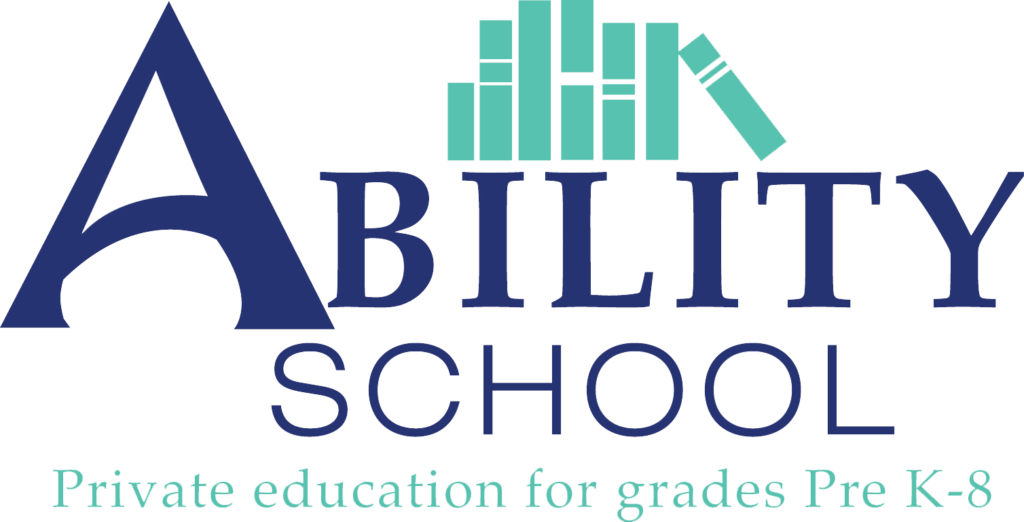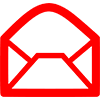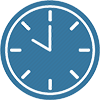
How Lower School Curriculum Can Enhance Your Child’s Development?
A great lower school curriculum in Englewood should be dynamic, student-centred, and adaptive, with an emphasis on laying a solid basis for future learning. It should also use research-based teaching approaches, stimulate cooperation, and be adapted to each student’s specific requirements, as well as provide clear and quantifiable goals. An excellent curriculum is a key tool that helps teachers through lesson planning and directs students to high-quality materials. The most effective curricula are cooperatively created, constantly examined and revised, represent community values, and adhere to state and national learning requirements.
So, What Exactly is a Curriculum?
A curriculum is a collection of teaching strategies, learning experiences, and student performance evaluations meant to effectively communicate and evaluate a course’s intended learning objectives. A well-planned curriculum map may have a considerable influence on both student achievement and teacher quality. A high-quality curriculum also increases teacher retention since it supports daily classroom instruction and minimizes the amount of time spent on lesson planning.
How Does an Effective Curriculum Look Like?
An excellent curriculum is vital for teaching and learning. It makes it easier to apply theoretical information in the actual world. While there is no one-size-fits-all approach to curriculum development, professionally produced courses must have specific features. When appropriately applied to education, these factors provide a firm foundation for developing, executing, and analysing a successful curriculum.
The following qualities define a successful and student-driven curriculum:
Adapts to a Changing World
A successful curriculum is never a one-time effort. Regularly revisiting and analysing your curriculum allows you to analyse how existing learning experiences, resources, or instructional practices are functioning while also allowing room for new learning activities and shifting context in your conversations. To underscore its significance, the World Economic Forum states that a curriculum is an essential component in supporting instructors in keeping up with the quick speed of changing trends, innovation, and skills that students will demand in the future.
Incorporates Teaching Strategies based on Research
Effective curriculum incorporates teaching methods based on academic research as well as a solid basis of successful education. While educational research is not thorough, it does give guidance to curriculum developers. Researchers investigate numerous approaches for improving the teaching of certain subjects, such as reading, and it has been discovered that beginning with phonological awareness and moving via the alphabetic principle and phonics is a successful strategy with proven outcomes. Further research and analysis of different disciplines’ processes, techniques, and tactics will provide you with credible data to improve teacher teaching and appeal to your students’ learning styles. A effective curriculum includes these research-based ideas into every part of the teaching process.
Encourages Collaboration
An effective curriculum is developed cooperatively, including the opinions and expertise of all stakeholders, including teachers, administrators, parents, and communities.
With feedback from numerous stakeholder groups, a comprehensive image of the topic area, grade level, or discipline’s strengths and shortcomings will be provided. A collaborative approach also provides a forum for instructors to exchange best practices, information, and resources with one another.
Meets the Needs of the Students
To develop a great curriculum, it must be student-centred. Classrooms are likely to feature a varied range of student accomplishment strengths and limitations. The curriculum should be adaptable enough to distinguish and promote the learning of each learner. There is no one-size-fits-all curriculum for all kids, therefore it should focus on developing core abilities and concepts while also including advanced ideas and learning opportunities to accommodate variety.
Establishes Quantifiable Objectives
An excellent curriculum should meet all state and federal criteria while also achieving quantifiable objectives. When developing a successful curriculum, keep in mind the importance of data. Having specified targets to assist evaluate student assessment outcomes will also enable for curricular program review. An efficient and strong curriculum establishes verifiable goals and monitors student progress throughout the year. With this help, instructors have a better knowledge of what is going on in the classrooms, kids know where they stand, and parents are informed and involved in the educational atmosphere.
Best Lower School in Englewood, NJ
Ability School Private kindergartens in Englewood, NJ provide specialized early childhood education with smaller class sizes and more personalized attention. Ability School institutions frequently promote a comprehensive approach to education, emphasizing social, emotional, and academic development. Parents like the expanded curriculum, innovative teaching techniques, and frequently more extensive extracurricular activities. Furthermore, private kindergartens may provide a more flexible schedule and different enrichment programs, creating a loving atmosphere for young learners. While tuition is more than public choices, families cherish the individualized instruction and supportive environment that private kindergartens in Englewood, NJ provide for their children.
The first few years of school should provide a kid with a firm foundation of fundamental knowledge, a passion of learning, and a genuine interest about their surroundings.
In our Lower School, we strive to create an environment that achieves this in a variety of ways, including our instructors’ caring for each kid, highly individualized student-centred instruction, and an effective fundamentals program interwoven within a comprehensive curriculum.
What makes Ability School the Perfect Choice for your Child?
Our Reading Program is nationally known for its efficacy in teaching young children to read, develop a love of reading, and eventually achieve a high level of literacy. The Lower School curriculum takes an integrated approach and offers a solid foundation in the fundamentals such as writing, spelling, arithmetic, geography, history, and science.
Furthermore, our teaching techniques involve students in creative activities that inspire investigation of their environment and help them apply what they learn in real life. The Delphi Program is unusual in that it teaches all pupils appropriate study habits—they actually “learn how to learn”.
Observing their surroundings allows young children to learn a lot. We support this by having students participate in activities both inside and outside of the classroom. As part of their normal curriculum, students work on a range of research projects and STEAM activities. Lower School students spend more than half of their day participating in hands-on activities or creative projects. When you go into a classroom at this level, you’ll see a lot of activity. Visit our page to learn more https://abilityschoolnj.org/lower-school/



